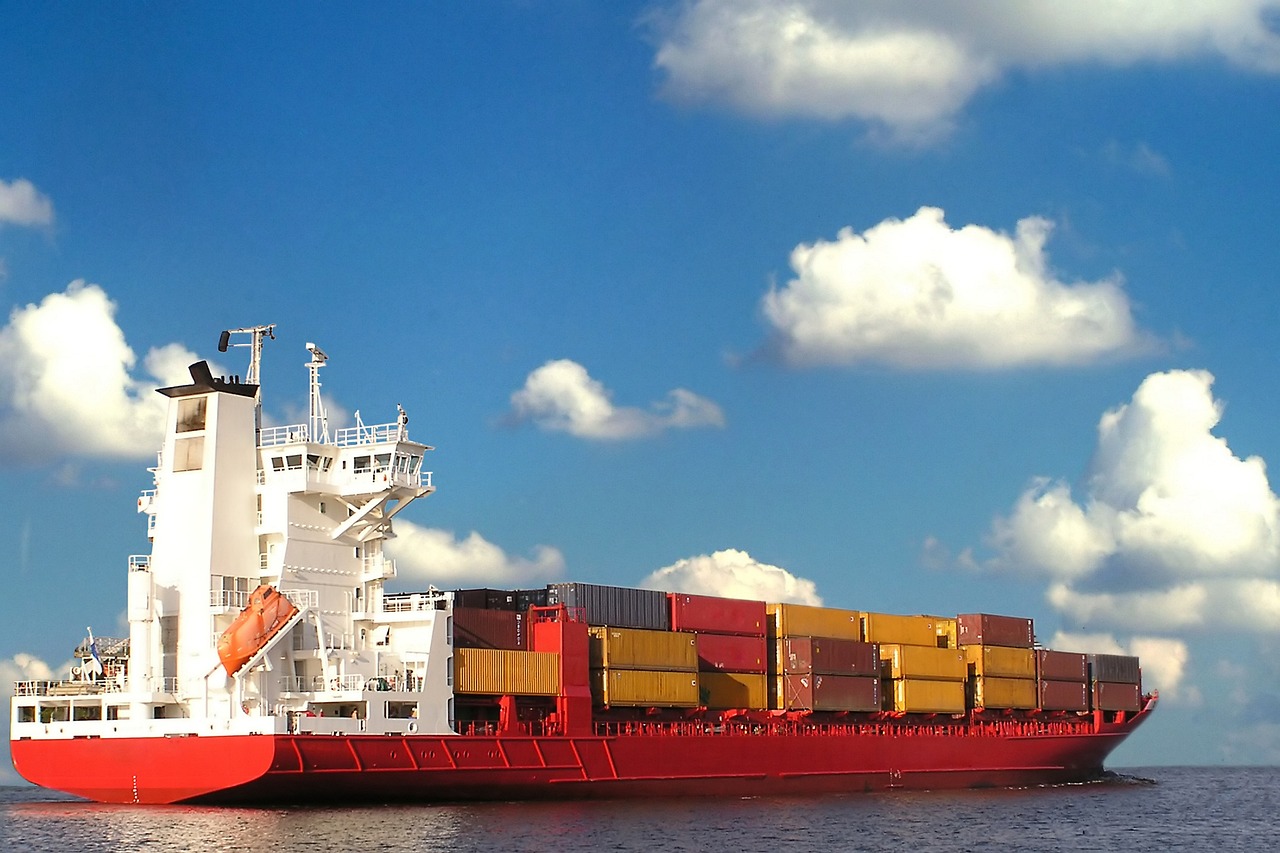The newly released IEC 62600-4 Technical Specification reduces risk in marine energy convertors through technology qualification.
ByWinston D’Souza (Lloyd’s Register) and Peter Scheijgrond (Project manager INTERREG 2SEAS MET-Certified for Dutch Marine Energy Centre); The article first appeared on IECe-tech.
Technological
innovation can often lead to the development of novel designs and concepts that
cannot be certified against existing normative rules or international codes and
standards.
Hence, in the absence
of any such benchmarks, these technologies (or their respective novel
components) require a different systematic verification and validation process
to identify, quantify, analyze and manage operational risks that may arise.
The marine energy (ME) sector is one of the fastest growing sectors involving the development of novel marine energy converters (MECs).
Although international standards specifically tailored for this sector are fast emerging, in the interim, how does one reduce risk associated with the deployment of MECs?
The process of technology qualification (TQ) provides a starting point for achieving certification, which is an important step both for attracting finance as well as providing confidence that the MEC technology has been independently assessed through a structured process.
As part of the IEC 62600 standard series, IEC Technical Committee 114 (IEC TC 114) recently published a new part for the international standard to support the assessment of such novel technologies. This part, referred to as IEC TS 62600-4, describes the process of how ME technologies can achieve certification through technology qualification.
This technical
specification provides a gateway for facilitating ME products to achieve
certification by identifying which elements within the technology might exhibit
the most technological risk or uncertainty and establishes appropriate
qualification activities to address them.
The production of the technical specification was supported in part by the recently concluded INTERREG 2SEAS MET-CERTIFIED project. This project was led by the Dutch Marine Energy Centre, with a host of partners including certification bodies, technology developers and marine energy test laboratories contributing towards its goals, one of which included aiding the development of international standards for assessing ME technologies.
With ever increasing
numbers of ME technologies globally, the goal of IEC 62600 is to provide
universally accepted criteria by which MECs can be evaluated to ensure
consistency in the quality of products and services being offered globally.
Under the IECRE, the IEC System for Certification to Standards Relating to Equipment for Use in Renewable Energy Applications, a TQ process leading to a certification is carried out by an independent body known as a renewable energy certification body (RECB).
Certificates awarded by RECBs are highly valued by multiple stakeholders including financial institutions, insurers, end-users and regulators as they enhance confidence for the associated MECs or their components. This plays a significant role in the commercialization of products and services offered.
The practice of TQ in
accordance with IEC TS 62600-4 leading to the award of a Statement of
Feasibility is a two-stage process:
Stage 01 (technology
appraisal): This stage involves a comprehensive assessment of the technology in
the context of a technology appraisal workshop and concludes with issuance of
the technology appraisal report. The sub-stages are as follows:
Stage 02 (technology
qualification plan): This stage includes the preparation of a technology
qualification plan (TQP) by the technology developer, which upon approval by
the RECB, results in the award of a statement of feasibility by the RECB. The
sub-stages for this part of the process are:
Beyond the scope of
the above two stages, the technology developer may continue its journey towards
certification by engaging with an RECB in accordance with the IECRE
certification process. A successful outcome from such a process will result in
the award of one of the below:
The project team
involved with the development of the IEC TS 62600-4 technical specification
consisted of experts from Canada, China, France, Germany, Japan, the
Netherlands, the United Kingdom and the United States. With the publication of
IEC TS 62600-4, the ME sector is now equipped to provide a globally accepted
structured assessment process for novel or innovative technologies, as well as
offer technology developers a framework to understand how their products or
services will be evaluated.
In addition to this recently published technical specification, the other parts of the IEC 62600 standard for assessing the various ME technologies are illustrated in the diagram below.






